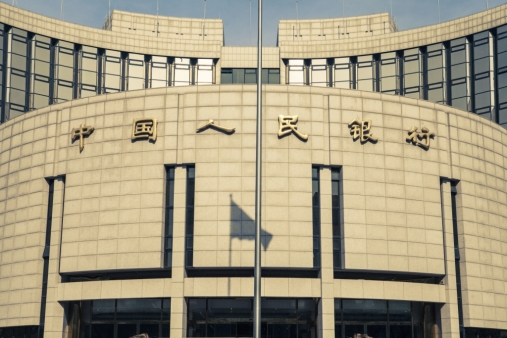
Proposed debt-equity swap could spell crisis for Chinese banks
It shifts a significant portion of the risks to the banks.
Early this month, various news sources reported that the People's Bank of China (PBoC) is preparing to allow commercial banks to swap non-performing loans (NPLs) of companies in return for their equity stakes, which BMI Research believes is a negative move and would sow the seeds of a deeper financial crisis in the future.
Indeed, debt-troubled shipbuilder China Huarong Energy announced on March 8 that it would give 22 creditor banks a 60.0% equity stake in exchange for forgoing CNY17bn worth of bad debt.
Here's why BMI Research thinks the proposed move is negative:
Firstly, such swaps suggest that the government continues to prop up these poorly managed companies, which will not solve the underlying inefficiencies issues. In the short-term, these swaps will reduce the leverage of highly indebted companies (usually state-owned enterprises [SOEs]), in turn reducing their debt servicing costs and increasing their ability to invest, but will lead to further malinvestment and further losses in the long-term.
Secondly, such a move shifts a significant portion of the risks to the banks, which will have to raise significant amounts of capital as losses are being recognised down the road. According to a report by the Bank of International Settlements in 2013, the risk weightings for equity investments are at least 400%, and as high as 1,250% (versus 100% for corporate loans).
Lastly, the swaps further show the Chinese government's commitment in managing the reported NPL figures of Chinese banks (which we believe are already understated), further increasing the level of opacity of these banks to the detriment of minority shareholders.






















 Advertise
Advertise








